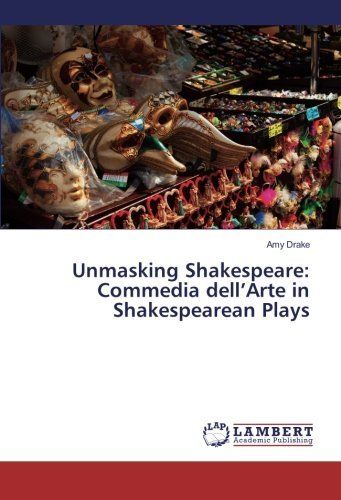
AMY DRAKE
TOPICS - • Branding • Communication • Culture • Evolving
• Marketing • Theater • Women's Interest
AMY DRAKE - PROGRAMS
- Branding with the Buddy System
- Women Dramatists in History
- The Cultural Evolution of Lilith
- Playwrighting and Producing Theater
AMY DRAKE - BIOGRAPHY
Amy Drake wrote her first play at age five. She is a writer, lyricist, director, television and stage actor, conference speaker, author, and poet. Appeared in the EMMY award-winning episode of COLUMBUS NEIGHBORHOODS: CLINTONVILLE. Currently co-writing the book and lyrics for DEVICES, a coming-of-digital-age musical with composer/arranger Mark Brymer. Recently spoke on Early Women Playwrights at the IUGTE Conference in Austria and at the Statera Conference. Author of Unmasking Shakespeare: Commedia dell’arte in Shakespearean Plays. Founder of Drake Theatrical LLC. Represented by Heyman Talent. Winner of the Silver Quill of Excellence from the IABC. Her play, EYES LIKE OPAQUE GEMS, won Most Popular Play in the MITF Short Play Lab, New York. Winner of a Producers PRO Inner Circle Award 2018. Best Director award from Theatre Roundtable for NIGHT MUST FALL. Ohio Ambassador for the Dramatists Guild, Board member of the International Centre for Women Playwrights, member of Producer’s Perspective PRO Inner Circle. Holds a M.A. in liberal studies/English and a M.S. degree in marketing and communication. Selected for the Yale Writers’ Conference. Education includes summer programs at the Univ of Cambridge (UK), graduate studies at Reed Hall, Paris, and playwriting at the Kenyon (College) Summer Institute. Amy resides in Ohio with her husband, cats, and rabbits.
Check Availability
AMY DRAKE - MEDIA
Shakespearean plays and Commedia dell’Arte, improvised theater originating sixteenth-century Italy, are two distinct forms of performance with common origins, characters, and structure. Although modern scholars can refer to the 1623 Folio as source documentation for the Bard’s work, commedia was unscripted from its origins through Shakespeare’s lifetime, preventing a comparison of dialogue. We do, however, we have illustrations of commedia performances in the Recuil Fossard, reprinted in Ducharte’s The Italian Comedy. This book attempts to bring together examples from those works, and new additions to the conversation, allowing modern researchers the ability to recognize similarities in what appear at first glance to be diverse forms of theater.



